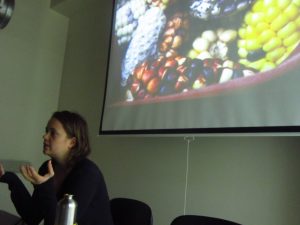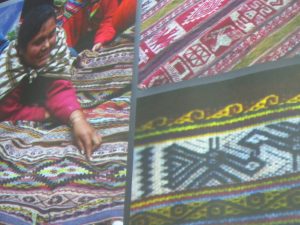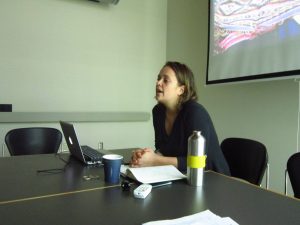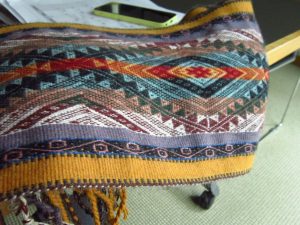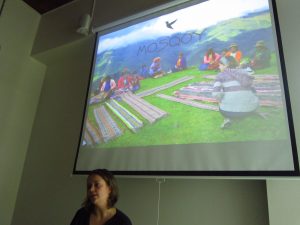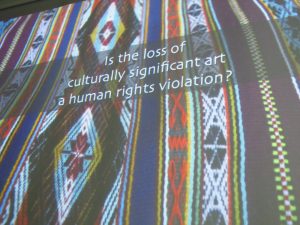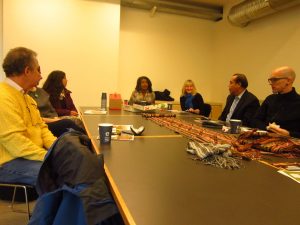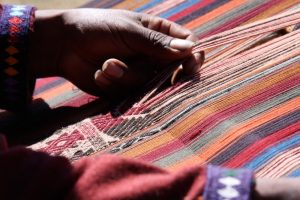
Please join us for the next meeting of the Latin America and the Global research group where we will discuss Ashli’s Akins’s research in the highlands of Peru.
Ashli is PhD Student & Vanier Scholar, in the Interdisciplinary Studies Graduate Program, and Liu Scholar. Ashli is also an accomplished photographer and the founder and president of Mosqoy, a Canadian NGO that promotes educational and cultural rights for Andean communities in Peru.
When: January 19th, 2017 – 12:00-2:00
Where: Liu Institute for Global Issues – Research Unit
“The Chaos Point of Quechua Textiles: How community-owned policies can safeguard living, breathing cultural traditions”
My project is a response to years of dialogue with tourists, consumers, indigenous weavers, and NGO workers about discrepancies in marketing Quechua textiles. In the Peruvian Andes, the Quechua textile tradition is one of the most important cultural cornerstones; indigenous women weave with backstrap looms, using natural alpaca fibers and local plant dyes, embedding centuries of oral history into their art. Though this timeless tradition has adapted through centuries, it now races against the clock. Unsustainable forms of tourism and development have rapidly encroached on indigenous Quechua subsistence communities, threatening their most important art form. Over the past decade, I have heard a common dilemma from both conscientious consumers and development workers offering fair-trade market outlets: “But how do we know the difference between an authentic textile and a copy?” Specifically, weavers have suggested solving this dilemma through collective certifications of authenticity. My theoretical research will explore, among others, the relationship between authenticity and adaptation, as well as critically analyze standardization and essentialism as side-effects of both safeguarding mechanisms and commodification of cultural heritage.

